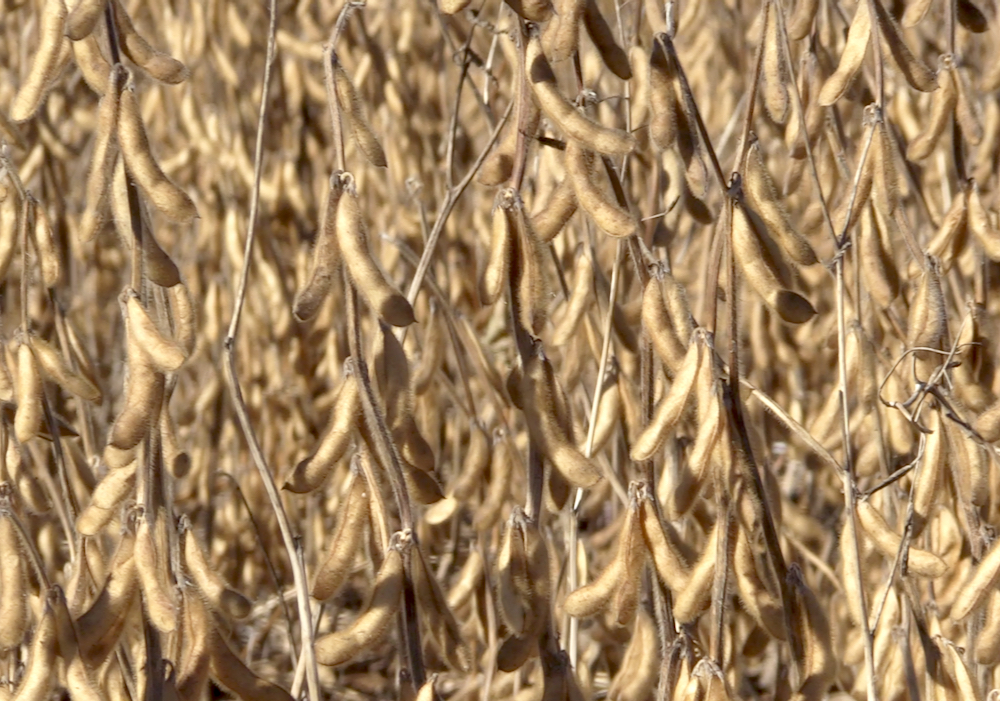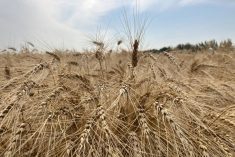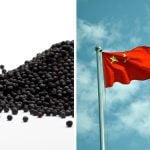The European Commission said on Thursday it wanted the European Union’s member states to restrict the use of pesticides linked to the decline of bees.
The Commission said it was asking EU countries to suspend the use of neonicotinoid insecticides — among the most commonly-used crop pesticides — on sunflower, rapeseed, maize and cotton.
"We are requesting member states suspend for two years the use of this pesticide on seeds, granulates and sprays for crops which attract bees," Commission health spokesman Frederic Vincent told a briefing.
Read Also

CBOT Weekly: Grain, oilseed futures under pressure
November soybeans lost 23 U.S. cents per bushel during the week, while corn and wheat losses ranged from five to 10 cents.
"We hope the regulation can be adopted before March," he said, adding that the Commission expected it to be implemented at the latest by July 1. The Commission had presented its proposal to member states and was waiting for their response.
The spokesman said there would be an exception for maize seed in 2013, where the Commission would authorize neonicotinoid use unless member states wanted to implement restrictions.
A report from the European Food Safety Authority (EFSA) earlier this month said three widely-used neonicotinoid pesticides, made by Switzerland’s Syngenta and Germany’s Bayer, posed an acute risk to honeybees.
Fears over the effects on bees led France to ban Syngenta’s Cruiser OSR for rapeseed in June last year..
Syngenta said at the time it would appeal against that decision.
Neonicotinoids used in Canada include clothianidin, an active in Valent’s Arena and Clutch insecticides and Bayer’s Poncho and Titan seed treatments; imidacloprid, in Bayer’s Admire insecticide and Gaucho treatment and Mana’s Alias insecticide; and thiamethoxam, in Syngenta’s Helix and Cruiser treatments and Actara and Endigo insecticides.
"Significant loss"
A sharp fall in bee populations around the world in recent years, partly due to a phenomenon known as colony collapse disorder, has prompted criticism of pesticide use.
But the EFSA report found no link between use of the pesticides and colony collapse, which has seen bee populations fall rapidly across Europe and North America.
Syngenta defended its products in full-page advertisements published in two major French newspapers on Thursday, saying they were fully respectful of the environment and that none of the allegations had been proven when used in open fields.
"As of today no clear correlation has been established between the use of these products and the decline in colonies," Syngenta’s chairman Martin Taylor wrote in an open letter to the French farm minister.
In a separate statement on Thursday, Syngenta said the Commission’s call for restrictions would spell "a significant loss to farmers and the economy," adding that bee populations were primarily under threat from diseases and poor nutrition.
France is the largest crop producer in the European Union. Other EU states — Germany, Slovenia and the Netherlands — have introduced restrictions on pesticides and calls have got louder for EU-wide action.
— Claire Davenport writes for Reuters from Brussels, Belgium. Additional reporting for Reuters by Sybille de La Hamaide in Paris and Martin de Sa’Pinto in Zurich. Includes files from AGCanada.com staff.















